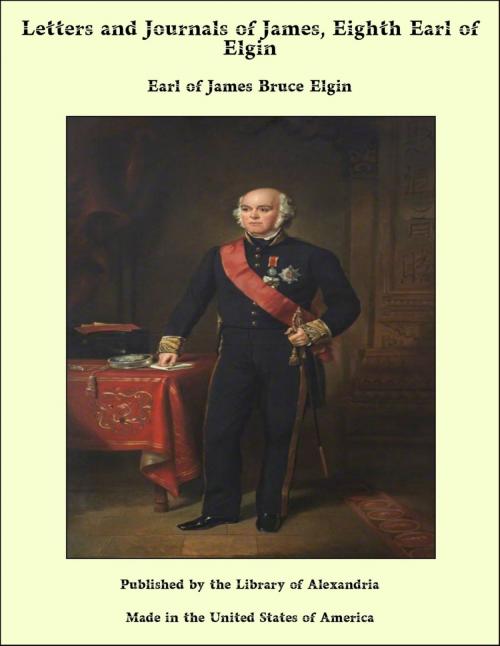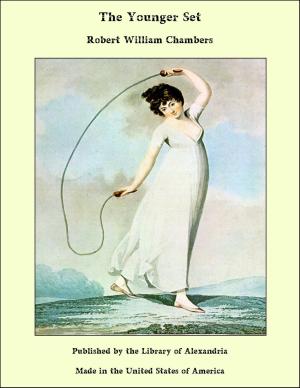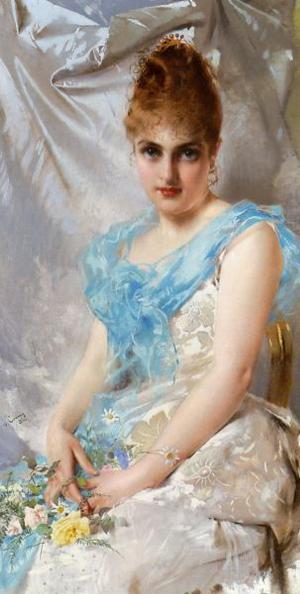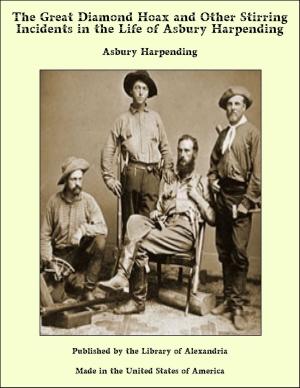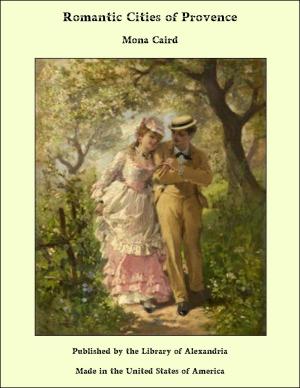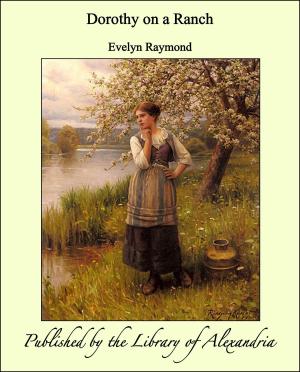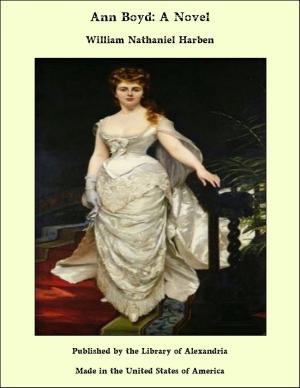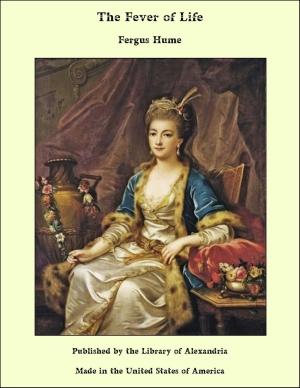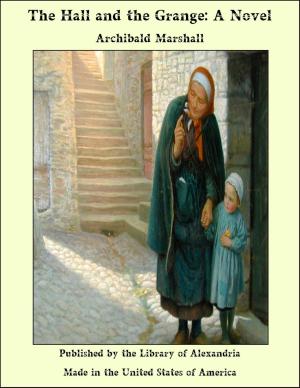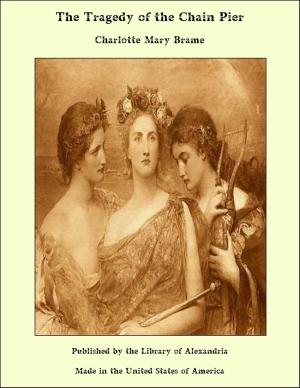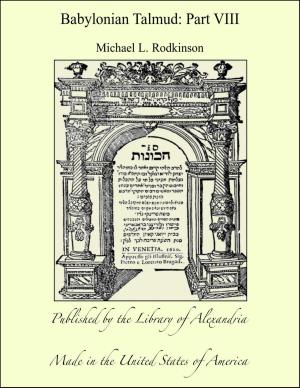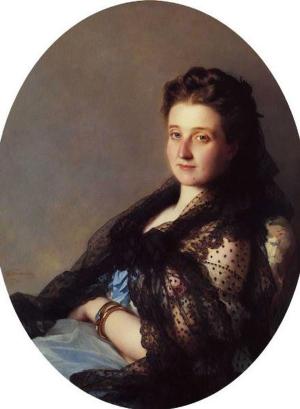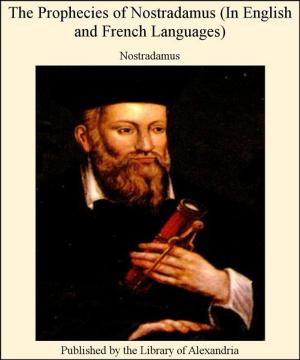Letters and Journals of James, Eighth Earl of Elgin
Nonfiction, Religion & Spirituality, New Age, History, Fiction & Literature| Author: | Earl of James Bruce Elgin | ISBN: | 9781465613967 |
| Publisher: | Library of Alexandria | Publication: | March 8, 2015 |
| Imprint: | Language: | English |
| Author: | Earl of James Bruce Elgin |
| ISBN: | 9781465613967 |
| Publisher: | Library of Alexandria |
| Publication: | March 8, 2015 |
| Imprint: | |
| Language: | English |
James, eighth Earl of Elgin and twelfth Earl of Kincardine, was born in London on July 20, 1811. His father, whose career as Ambassador at Constantinople is so well known in connection with the 'Elgin Marbles,' was the chief and representative of the ancient Norman house, whose hero was 'Robert the Bruce.' From him, it may be said that he inherited the genial and playful spirit which gave such a charm to his social and parental relations, and which helped him to elicit from others the knowledge of which he made so much use in the many diverse situations of his after-life. His mother, Lord Elgin's second wife, was a daughter of Mr. Oswald, of Dunnikier, in Fifeshire. Her deep piety, united with wide reach of mind and varied culture, made her admirably qualified to be the depositary of the ardent thoughts and aspirations of his boyhood; and, as he grew up, he found a second mother in his elder sister, Matilda, who became the wife of Sir John Maxwell, of Pollok. To the influence of such a mother and such a sister he probably owed the pliancy and power of sympathy with others for which he was remarkable, and which is not often found in characters of so tough a fibre. To them, from his earliest years, he confided the outpourings of his deeper religious feelings. One expression of such feeling, dated June 1821, may be worth recording as an example of that strong sense of duty and affection towards his brothers, which, beginning at that early age, marked his whole subsequent career. 'Be with me this week, in my studies, my amusements, in everything. When at my lessons, may I think only of them; playing when I play: when dressing, may I be quick, and never put off time, and never amuse myself but in playhours. Oh! may I set a good example to nay brothers. Let me not teach them anything that is bad, and may they not learn wickedness from seeing me. May I command my temper and passions, and give me a better heart for their good.'
James, eighth Earl of Elgin and twelfth Earl of Kincardine, was born in London on July 20, 1811. His father, whose career as Ambassador at Constantinople is so well known in connection with the 'Elgin Marbles,' was the chief and representative of the ancient Norman house, whose hero was 'Robert the Bruce.' From him, it may be said that he inherited the genial and playful spirit which gave such a charm to his social and parental relations, and which helped him to elicit from others the knowledge of which he made so much use in the many diverse situations of his after-life. His mother, Lord Elgin's second wife, was a daughter of Mr. Oswald, of Dunnikier, in Fifeshire. Her deep piety, united with wide reach of mind and varied culture, made her admirably qualified to be the depositary of the ardent thoughts and aspirations of his boyhood; and, as he grew up, he found a second mother in his elder sister, Matilda, who became the wife of Sir John Maxwell, of Pollok. To the influence of such a mother and such a sister he probably owed the pliancy and power of sympathy with others for which he was remarkable, and which is not often found in characters of so tough a fibre. To them, from his earliest years, he confided the outpourings of his deeper religious feelings. One expression of such feeling, dated June 1821, may be worth recording as an example of that strong sense of duty and affection towards his brothers, which, beginning at that early age, marked his whole subsequent career. 'Be with me this week, in my studies, my amusements, in everything. When at my lessons, may I think only of them; playing when I play: when dressing, may I be quick, and never put off time, and never amuse myself but in playhours. Oh! may I set a good example to nay brothers. Let me not teach them anything that is bad, and may they not learn wickedness from seeing me. May I command my temper and passions, and give me a better heart for their good.'
